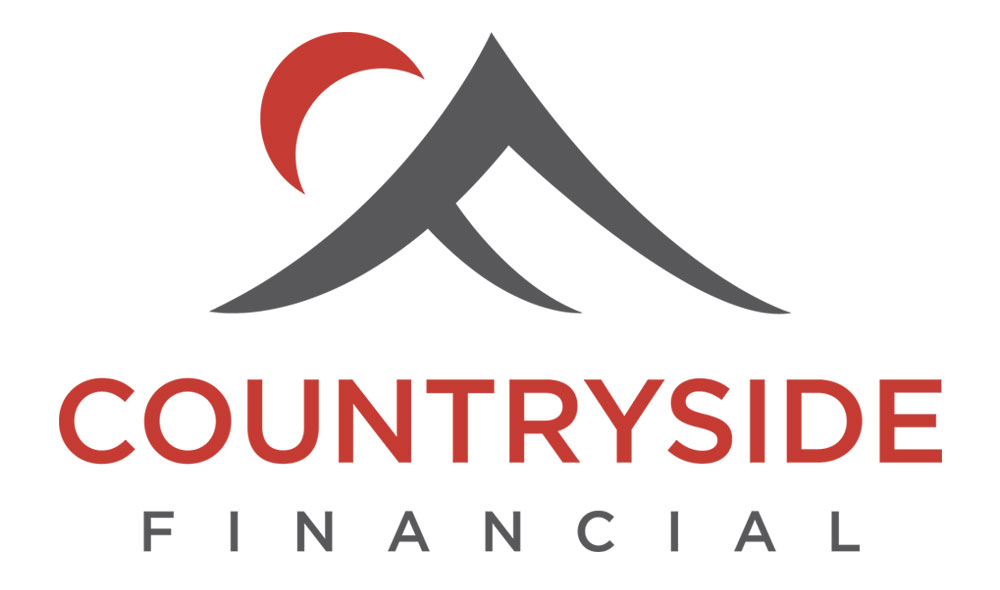What Is CMHC? And What Does It Have To Do With My Mortgage?
CMHC is an acronym for the Canada Mortgage and Housing Corporation. CMHC plays an important role in helping Canadians buy a home.
CMHC began in 1944, it was created by the Canadian Parliament to provide low- cost housing and affordable mortgages to World War II veterans returning after the war. Today, it provides mortgage insurance for buyers who otherwise might not be able to buy a home.
This government institution provides banks and lenders with mortgage insurance if a borrower defaults on their mortgage loan on the property, CMHC assumes responsibility and reimburses the bank or lender accordingly.
Home buyers who cannot provide a 20% down-payment are considered “high- ratio” and are required to insure their mortgages against default with CMHC*.
Because of this required insurance, CMHC is able to enforce strict criteria that borrowers must meet to qualify for their loans. This system protects lenders, borrowers, and taxpayers from unreasonable risk. The CMHC premium is added to the net mortgage amount (but a borrower may choose to pay it at closing if they prefer).
In addition to default insurance, in April 2019 CMHC announced the First- Time Home Buyer Incentive. A shared- equity mortgage with the Government of Canada. It offers: 5% or 10% for a first-time buyer’s purchase of a newly constructed home or 5% for a first-time buyer’s purchase of a resale (existing) home.
CMHC insured financing is available for one property per borrower/co-borrower at any given time.
CMHC also provides bulk/portfolio insurance, directly to mortgage lenders on their “low-ratio” (greater than 20% down-payment) mortgages, also as a type of mortgage default insurance. To a home buyer, this is known as being insurable with a lender paid CMHC premium (instead of a borrower paid CMHC premium).
Lenders buy this insurance for three reasons:
- Capital relief (lenders need to maintain less capital)
- Risk reduction (bulk insurance covers the lender in the unlikely event that a borrower with 20%+ down-payment defaults and the lender can’t recover its principal)
- Securitization (insured mortgages are more valuable to package and sell-off to investors)
To the home buyer, you may choose this option if you qualify, as the interest rate tends to be more favourable than an uninsurable (or conventional) mortgage… or you may never know if a lender chose to insure your mortgage.
*In addition to CMHC, there are two private mortgage insurer providers: Genworth Financial and Canada Guaranty. The premiums are the same among all 3; however, approval criteria does vary so check in with your broker as to which is the best fit.
- Important Note: A common CMHC misinterpretation is that homeowners are off the hook should a default (foreclosure) occur. This is not the case. First, the lender must take all reasonable and appropriate measures to manage borrower default situations. In the event of default, CMHC advises “Once the foreclosure occurs, the borrower has an obligation to repay any shortfall if the proceeds of the sale are insufficient to cover the amount owed under the mortgage and other eligible holding costs. In these situations, the lender will obtain a deficiency judgment from the courts where it is financially feasible to do so and then submit an insurance claim to CMHC along with an assignment of the judgment. CMHC will then attempt to recover on the judgment.”
Candace Perko
Mortgage Broker
Countryside Financial
www.countrysidefinancial.ca























